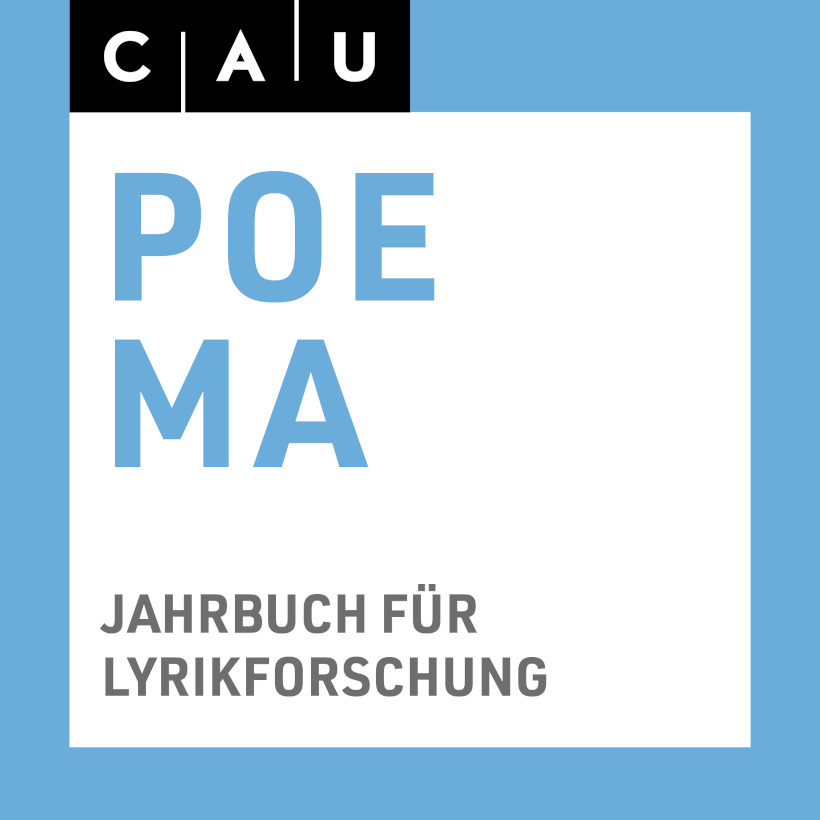Einige Überlegungen zu mediävistischen Perspektiven der Lyriktheorie
Ausgehend von der Beobachtung, dass in der germanistischen Mediävistik mittelhochdeutsche Lyrikformen vor allem in Hinblick auf ihre Besonderheiten und ihre Alterität behandelt werden, häufig mit einem Schwerpunkt auf die spezifischen Produktions- und Rezeptionsbedingungen der mittelalterlichen Texte, unternimmt der vorliegende Artikel den Versuch, eine Brücke zur systematischen und epochenübergreifenden Lyriktheorie zu schlagen. Vor diesem Hintergrund werden Merkmale dieser Alterität wie die Formelhaftigkeit und Artifizialität der lyrischen Sprache, die diskursiven Züge insbesondere von Sangsprüchen oder geistlicher Dichtung, aber auch die ›Unfestigkeit‹ der Texte in der Überlieferung im Hinblick auf ihre Anknüpfungspotenziale zur neugermanistischen Lyriktheorie hin untersucht.
Starting from the observation that in German medieval studies Middle High German lyric forms are studied primarily from the perspective of their specific features and their alterity – often with a focus on the specific conditions of production and reception of the medieval texts, this article attempts to build a bridge to systematic and cross-epochal lyric theory. From this perspective, certain features of this alterity, includ- ing not only the formulaic and artificial nature of the lyrical language and the discursive traits of ›Sangspruchdichtung‹ or sacred poetry, but also the ›inconstancy‹ of textual transmission, are examined with a view to their potential links to modern lyric theory.
Vorschau
Rechte
Nutzung und Vervielfältigung:
Bitte beachten Sie, dass einzelne Bestandteile der Publikation anderweitigen Lizenz- bzw. urheberrechtlichen Bedingungen unterliegen können.


